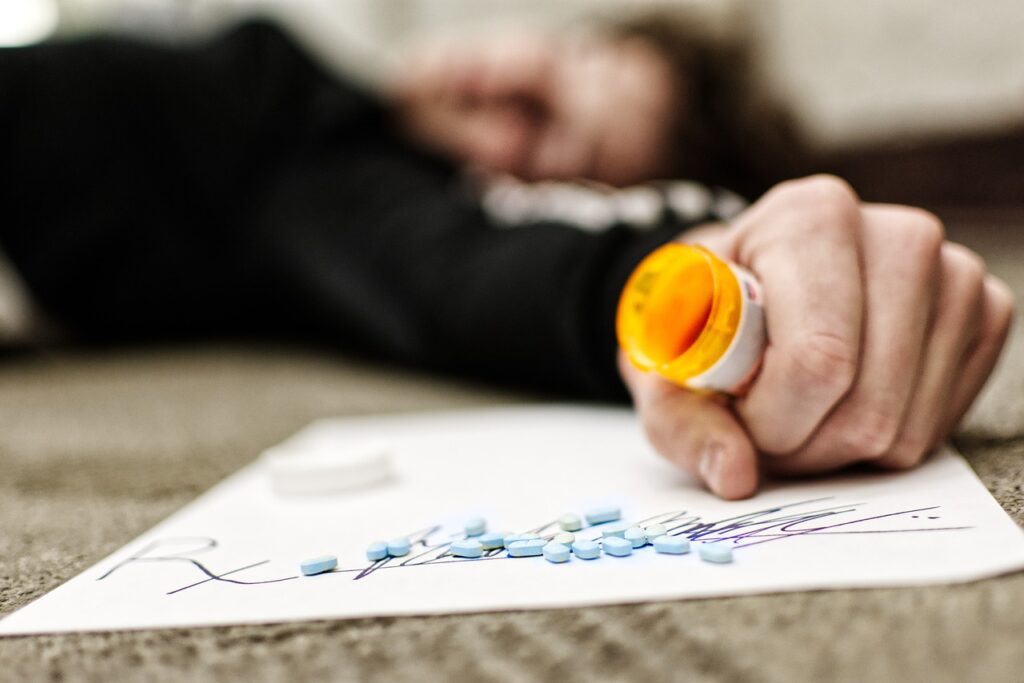ADHD Medication Overdoses are on the Rise
A recent study conducted at the U.S. Centers for Disease Control and Prevention showed a troubling rise in overdoses among younger kids on stimulant medications routinely used to treat ADHD. The researchers noted that this follows the trend of more stimulant prescriptions being written for kids over the last several years.
ADHD medications are typically a component of the treatment regime for many children and teens with the condition. Often, these include one of two types:
- Methylphenidate-based medications: Ritalin, Methylin, Concerta, Metadate, Daytrana Patch
- Dextroamphetamine-based medications: Adderall, Vyvanse, and Dexedrine.
They help reduce the symptoms of ADHD; however, they do have side effects and if not handled or used properly, can lead to an overdose with serious consequences.
The study examined over 90 million records from emergency room visits and examined the overdose trends among kids aged 0-10, 11-14, and 15-24. They found that among all 3 groups, the instance of overdose increased:
- 0-10 increased 3.3%
- 11-14 increased 4%
- 15-24 increased 2.3%
The Most Common Reasons for Overdoses
According to the National Capital Poison Center, some of the most common reasons for overdoses are:
- A child took a double dose of his or her ADHD medicine
- A child swallowed a sibling’s ADHD medicine
- A college student took his roommate’s ADHD medicine while cramming for exams or to improve academics
- Intentional abuse, misuse or suicide attempts most common among teens
What Parents Can Do
The study researchers and other experts recommend the following to help prevent overdoses of prescribed stimulant medications:
For younger children (pre-school):
- Replace the child-resistant cap tightly after giving the medicine
- Locking the bottle high, out of sight and reach of children
- Teach the child that this is medicine, not candy. Children should take it ONLY from a parent or caregiver
- Reading the label before giving the medicine, each and every time
- If more than one adult gives medicine to a child, developing a system to prevent double-dosing
For elementary school age children:
- Parents and adult caregivers should give medicine to a child. Children should not be allowed to take their own medicine until parents are certain that the child understands how to take medicine safely.
- Secure medicines between doses. Children as young as middle school age have distributed their own ADHD drugs to friends and classmates.
For older children, parents should educate their kids that that prescription drugs for ADHD cannot be shared safely or legally. And that the medical and legal consequences for doing so can be severe.
References
- https://www.webmd.com/add-adhd/news/20201207/adhd-medication-ods-rising-in-us-kids-teens
- https://pediatrics.aappublications.org/content/141/6/e20173872
- https://childmind.org/article/side-effects-of-adhd-medication/
- https://www.psychcongress.com/news/adhd-medication-overdoses-rising-us-kids
- https://www.poison.org/articles/2011-dec/adhd-drug-overview



